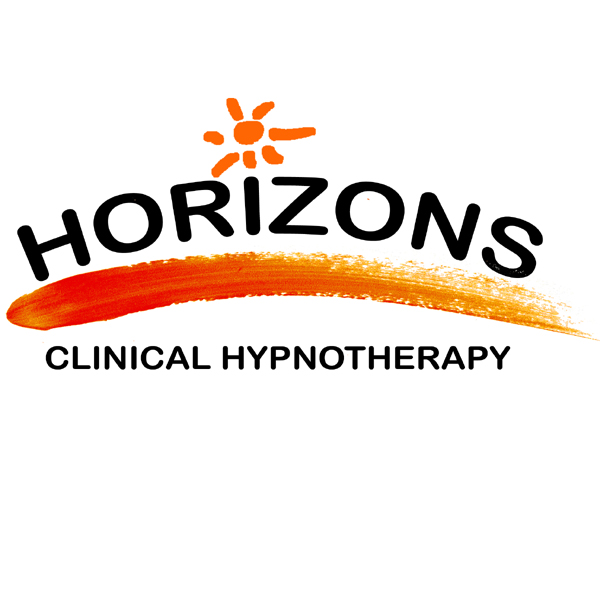Some Hypnotherapy/ NLP Research...
Click HereOver the years, research has explored the effectiveness of clinical hypnosis and NLP in many different ways. Just a few of the many interesting papers and articles on the topic of Post Traumatic Stress Disorder (PTSD), as one example, are listed below. Other studies have also shown positive results of hypnosis for quitting smoking, healing wounds and healing bone fractures (cited at the end of the page).
Hypnosis is found to be beneficial in treating the symptoms of PTSD by allowing the person to connect with the reality of the trauma whilst reducing the conditioned responses it triggers:
- Brom, D., Kleber RJ, Defares PB. (1989) Brief Psychotherapy for Post-Traumatic Stress Disorders. Journal of Consulting and Clinical Psychology 1989;57:607-612
- Sapp M, Ioannidis G, Farrell WC. Post traumatic stress disorder, imaginative involvement, hypnotic susceptibility, anxiety, and depression in college students. Australian Journal of Clinical Hypnotherapy and Hypnosis. 1995;16:75–87.
Dissociation processes are frequently used NLP techniques to address PTSD, and also phobias:
- Gray, R. NLP & PTSD: The Visual-Kinesthetic Dissociation Protocol in Suppose: The Official CANLP/ACPNL Bilingual Newsletter. Spring 2010, pp 25-42
- Jimmer, P. (2005) Phobia: Fear and Loathing in Mental Spaces. European Journal of Clinical Hypnosis: 6 (3)
- Simpson, S and Dryden, W. (2011) Comparison between REBT and Visual/Kinaesthetic Dissociation in the Treatment Panic Disorder: An Empirical Study. Journal Rational-Emotive Cognitive Behavioural Therapy 29:158-176
“Hypnotherapy allows the sufferer to be in control of symptoms and helps minimize reoccurring negative thoughts associated with the traumatic event”. In addition, “the symptoms of PTSD are similar to the phenomena experienced under hypnosis”, however in hypnosis, memories of the event occur under controlled circumstances which can then be reframed and thus disempowered:
- Jones, S. (2009) Hypnosis has Many Benefits for Post Traumatic Stress Disorder Sufferers. Natural News, Accessed 27 March 2017. https://www.naturalnews.com
This study showed that people who have PTSD are highly hypnotizable, positioning them as excellent subjects for hypnosis.
- Keuroghlian, A., Butler, L., Neri, E., Spiegel, D. (2010) Hypnotizability, Posttraumatic Stress, and Depressive Symptoms in Metastatic Breast Cancer. International Journal of Clinical and Experimental Hypnotherapy 58: 1-39-52
This study showed that participants who received hypnosis, rather than Cognitive Behavioural Therapy alone, reported fewer re-experiencing episodes of PTSD:
- Bryant RA, Guthrie RM, Moulds ML, Nixon RD, Felmingham K. Hypnotizability and posttraumatic stress disorder: A prospective study. International Journal of Clinical and Experimental Hypnosis. 2003; 51:382–389.
Research reviews indicate strong support for the effective use of NLP methods in PTSD:
- Zaharia, Cătălin, Melita Reiner, and Peter Schütz. Evidence-based Neuro-linguistic psychotherapy: A meta-analysis. Psychiatria Danubina 27.4 (2015): 0-363.
Smoking is another area where scientists have researched the effectiveness of hypnotherapy. An article in New Scientist magazine found the following: “But for most smokers, the most effective technique was hypnosis, in which smokers go into a state of deep relaxation and listen to suggestive tapes… The latest relaxation techniques achieve success rates of up to 60 percent from a single session… “
And more recently, Can medical hypnosis accelerate post-surgical wound healing? It seems so! https://www.ncbi.nlm.nih.gov/m/pubmed/12722936/?i=2&from=%2F10069091%2Frelated&fbclid=IwAR0ANvNtjhflyuxCE7615zEMgJP2cHZIxsVRhfu6Jk3JiSg7e3Fjeme8hE8
… as well as bone fractures https://www.ncbi.nlm.nih.gov/pubmed/10069091?fbclid=IwAR0uWtyakxol5BaqV1VF-7PaHf9eflyyi0LC7aava4p1bRd1M3tazMY71Jg
Hypnotherapy Sunshine Coast, Face-to-Face in Coolum Beach, or Online
